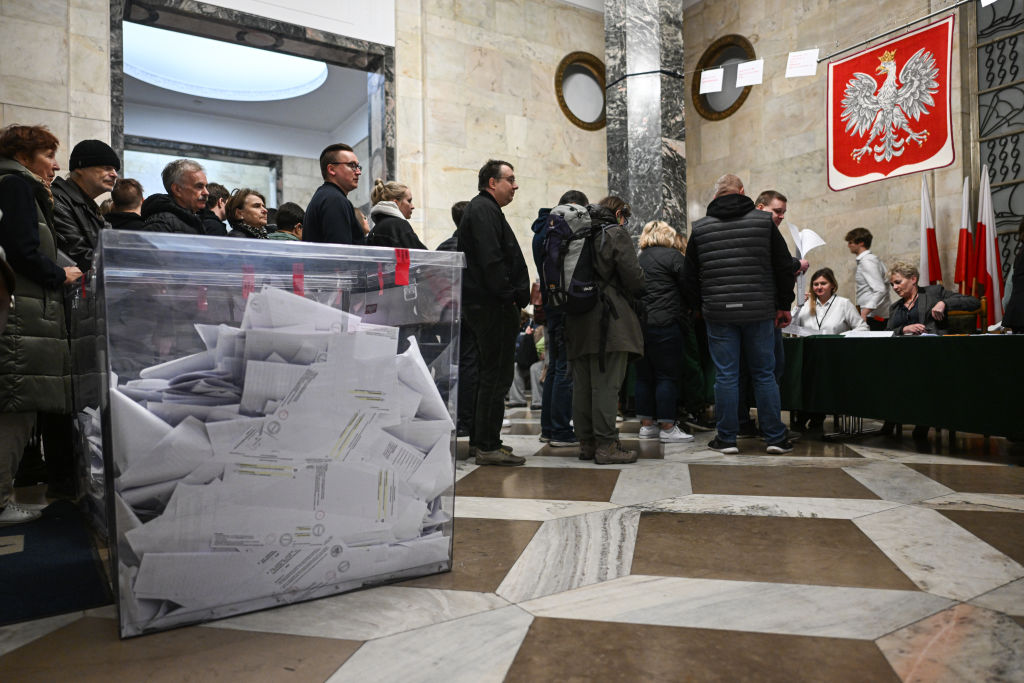On Monday November 27, Polish President Andrzej Duda appointed a new government led by Prime Minister Mateusz Morawiecki, expected to last only until Monday (December 11) due to lack of parliamentary support.
The new administration, with a majority of women in the cabinet, includes familiar faces from the last PiS government and some lesser-known PiS MPs. This government, described as a “charade” by some, is unlikely to win a confidence vote tomorrow, paving the way for a government led by Donald Tusk’s PO.
Various commentators like Swedish economist and international relations analyst Anders Åslund have accused the Polish President of undemocratic behavior, giving in to easy attacks that ignore the reality of Polish democratic traditions, the Polish constitution and the way democracy works in many other Western countries.
First of all, the political party or coalition securing a majority in the Sejm usually has the opportunity to form the government and it has always been this way in Poland since the end of Communist rule.
If Morawiecki’s government fails to secure the necessary vote of confidence, President Duda will have to nominate another candidate, likely from the ranks of the opposition, to attempt to form a government.
If no government can garner majority support, this would lead to a political impasse and, in the most extreme scenario, trigger early elections.
This is how the normal Polish democratic process works as defined by the constitution, and it is more “democratic” (if this debate is relevant) than for instance the French one.
In France, under the ’49-3′ clause, a government can pass laws without a direct vote in the National Assembly. This constitutional provision allows the executive to override parliamentary opposition, even without a majority.
It’s a stark contrast to the Polish system, where a government must continually prove its majority support within the Sejm to pass legislation.
While the ’49-3′ can be seen as a tool for efficiency, bypassing lengthy parliamentary debates and potential stalemates, it also centralises power and can be perceived as a less democratic practice because it diminishes the role of direct parliamentary scrutiny and debate.
The use of ’49-3′ has been controversial, and its opponents argue that it undermines the democratic process. In Poland, the government’s authority is directly linked to its parliamentary support, aligning with the principles of a parliamentary democracy where the legislative branch has a strong oversight role.
The current situation in Poland, with President Duda appointing a new government, reflects this process at work. If Poland were France, this government would last 4 more years instead of 2 weeks, probably with weak support from the population and constant demonstrations, strikes, etc.
The Polish government formation process is more comparable to what has happened in Spain lately. Unlike the French government’s ability to bypass parliament with the ’49-3′ procedure, both Poland and Spain adhere to practices that require explicit parliamentary support to form a government.
The Spanish government formation after the July 2023 election was a complex affair due to the absence of a clear majority for any political party. Pedro Sánchez’s cabinet remained in a caretaker capacity for two months.
The constitutional procedure in Spain involves the King consulting with party representatives and nominating a candidate for President of the Government, who must then win the confidence of the Congress of Deputies.
If no candidate wins an absolute majority, a second vote is held 48 hours later where a simple majority suffices. If still unsuccessful, new candidates may be proposed. If no proposed government wins a vote of confidence within two months, the King dissolves Congress, and new elections are called.
Sánchez ultimately secured support from various parties, including Junts (Catalan separatists), to be re-elected as prime minister by an absolute majority on November 16 2023.
The fragmented political landscape necessitated coalition-building, just as in Poland, and finally succeeded in a surprising and extreme manner. Both nations, despite different constitutional mechanisms, demonstrate a commitment to a democratic process that involves negotiation and coalition.
PiS has not failed to respect the constitution or behaved undemocratically. Rather it has tried its best to secure the approval of the majority of the nation’s representatives. That it will likely fail tomorrow is not an indictment of its tactics.





The real winner of Poland’s election was not Donald Tusk. It was Third Way